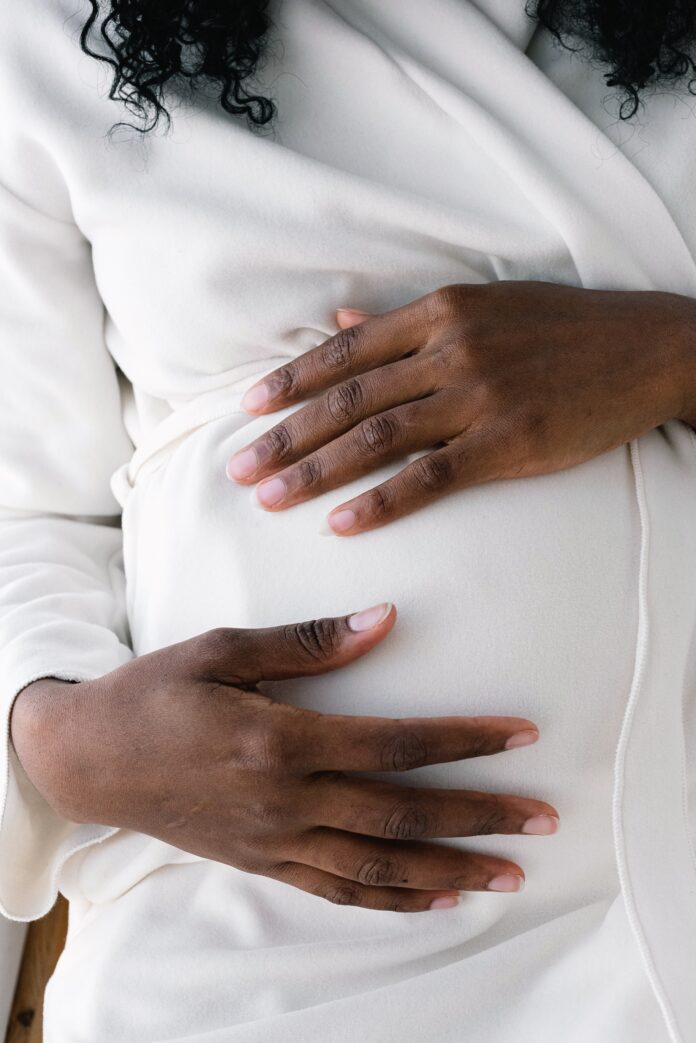
By Roz Edward, Word in Black
People of color will likely face the brunt of negative impact following the Supreme Court’s overturning Roe v. Wade, abortion rights advocates warn.
Abortion rights advocates also say there are several factors that may go into a person’s decision to seek an abortion, including health care access and quality, financial support, and willingness to be pregnant.
The country’s most marginalized will be affected by looming abortion bans – people already impacted by poverty, lack of health care access, and racism in the health care system, advocates say.
In the most recent data from the CDC in 2019, Black women had the highest rate of abortions with 23.8 abortions per 1,000 women.
The US health care system has long been characterized by large and persistent racial/ethnic disparities in health insurance coverage and access to care. Research has shown that racial and ethnic minorities often receive lower-quality health care than white people. When the Affordable Care Act (ACA) was passed in 2010, among nonelderly adults non-Hispanic blacks were 70 percent more likely to be uninsured than non-Hispanic whites were. These disparities in insurance coverage contributed to poorer access to care and worse health outcomes for members of racial/ethnic minority groups.
Blacks access to care typically results in forgoing care because of cost and not having a usual source of care.
Experts conclude America’s poor systems of health make abortions a vital part of health care for people of color.
A recent report from the Centers for Disease Control and Prevention also found that Black women died of maternal causes at nearly three times the rate of white women in 2020.
Maternal deaths were defined as women who died either while pregnant or within 42 days of the end of pregnancy.
In 2020, 861 women in the U.S. died of maternal causes — a rate of 23.8 per 100,000 live births, the report found.
The rate for Black women was 55.3 deaths per 100,000 in 2020 and the rate for white women was 19.1 deaths per 100,000, according to the CDC. For Black women, the rate increased nearly 26% from the year prior.
Being pregnant presents some kind of risk, and unintended pregnancies increase the risk for poor maternal and infant outcomes, the CDC reports.

